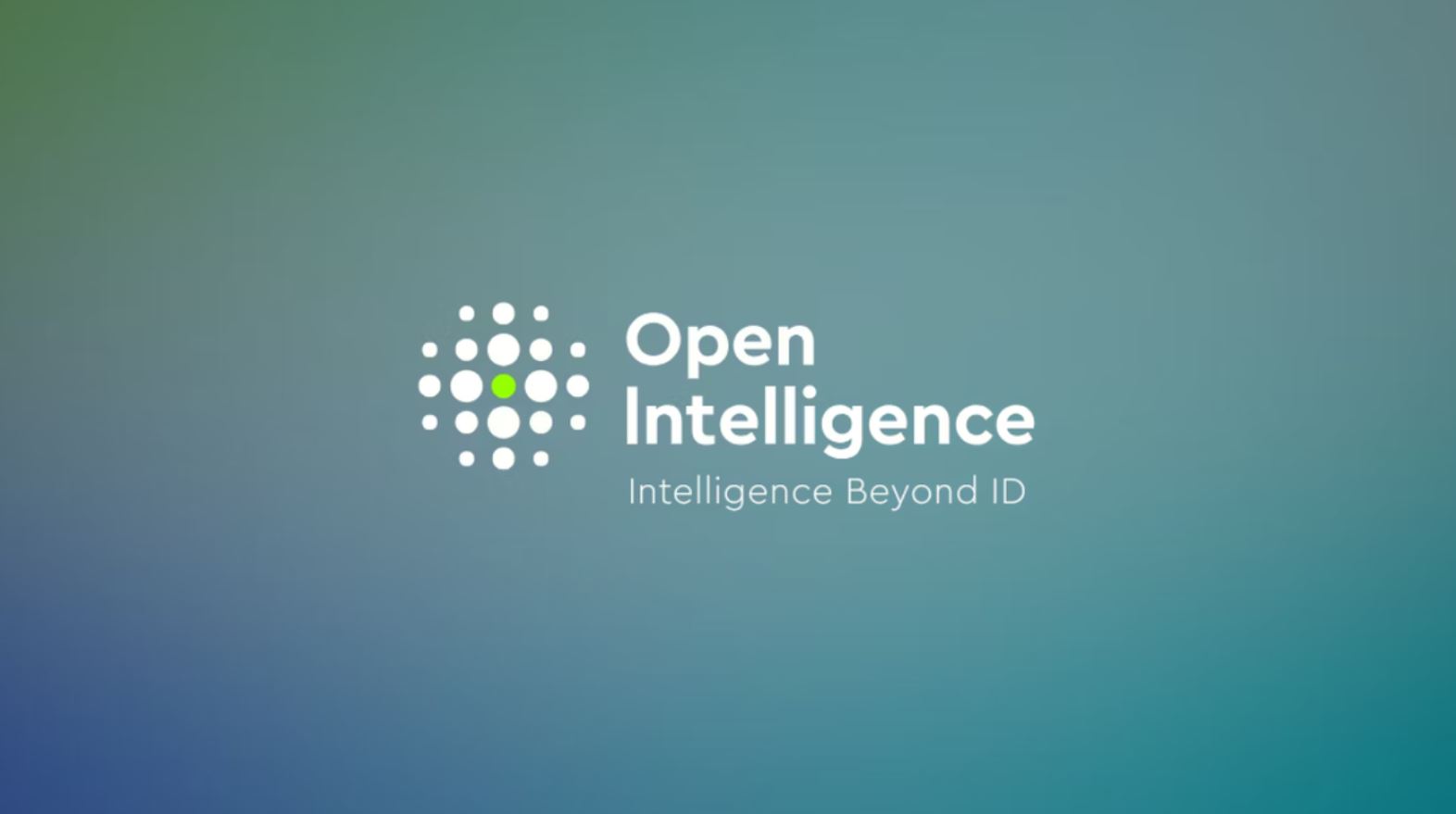 The AI buzz isn’t fading anytime soon. Despite mixed public opinions about its broader impact, marketing professionals recognise that generative AI is reshaping creative, strategic, and media fields. If you’ve ever wrestled with inefficiencies in targeting, you’ll appreciate that this new direction aims to directly address those challenges.
The AI buzz isn’t fading anytime soon. Despite mixed public opinions about its broader impact, marketing professionals recognise that generative AI is reshaping creative, strategic, and media fields. If you’ve ever wrestled with inefficiencies in targeting, you’ll appreciate that this new direction aims to directly address those challenges.
WPP Media is making a confident move with its new solution, ‘Open Intelligence’. Designed as a precision tool for privacy-focused targeting, this initiative builds on a robust marketing model that anticipates consumer behaviour with impressive accuracy. Rather than relying on Reddit data like some models, WPP’s approach harnesses insights from consumer panels, retail media networks, and connected TV (CTV) providers.
The firm has customised AI models that integrate seamlessly with clients’ first-party data, streamlining campaign planning and targeting. By combining both clear deterministic signals and probabilistic insights, these solutions reduce waste and boost digital marketing returns. As Lauren Wetzel of InfoSum puts it, imagine every brand having its own predictive model that speaks directly to its audience.
WPP Media isn’t the only player in this space. Competitors are actively stepping up their AI game: EY has introduced EY Studio+ for AI consulting, while MiQ rolled out ‘Sigma’ to power media trading. Innovations continue to appear, from Seedtag’s neuroscience-based contextual targeting to Meta equipping marketers with comprehensive AI tools for ad campaigns.
Backed by an annual ₤300 million ($403 million) investment, this initiative is a true team effort—drawing on expertise from AI innovators like Satalia, InfoSum, and technology allies such as FreeWheel, TikTok, Meta, and Microsoft. Early campaigns using ‘Open Intelligence’ have already delivered tangible results, with a 60% reduction in cost per acquisition for an automotive brand and a 15% decrease for a telecom client, even if the specifics remain confidential.
This solution signals a shift in data strategy, positioning WPP Media to stand out even as privacy regulations evolve. The tool is built to continue segmenting and targeting consumers effectively, regardless of changes to online identifiers. With events like Cannes Lions on the horizon and ongoing enthusiasm among CMOs, it’s clear that many in the industry see the value in embracing AI. As CEO Evan Hanlon states, they aren’t the last to join the trend—but their proactive approach is setting a confident pace for the future.








